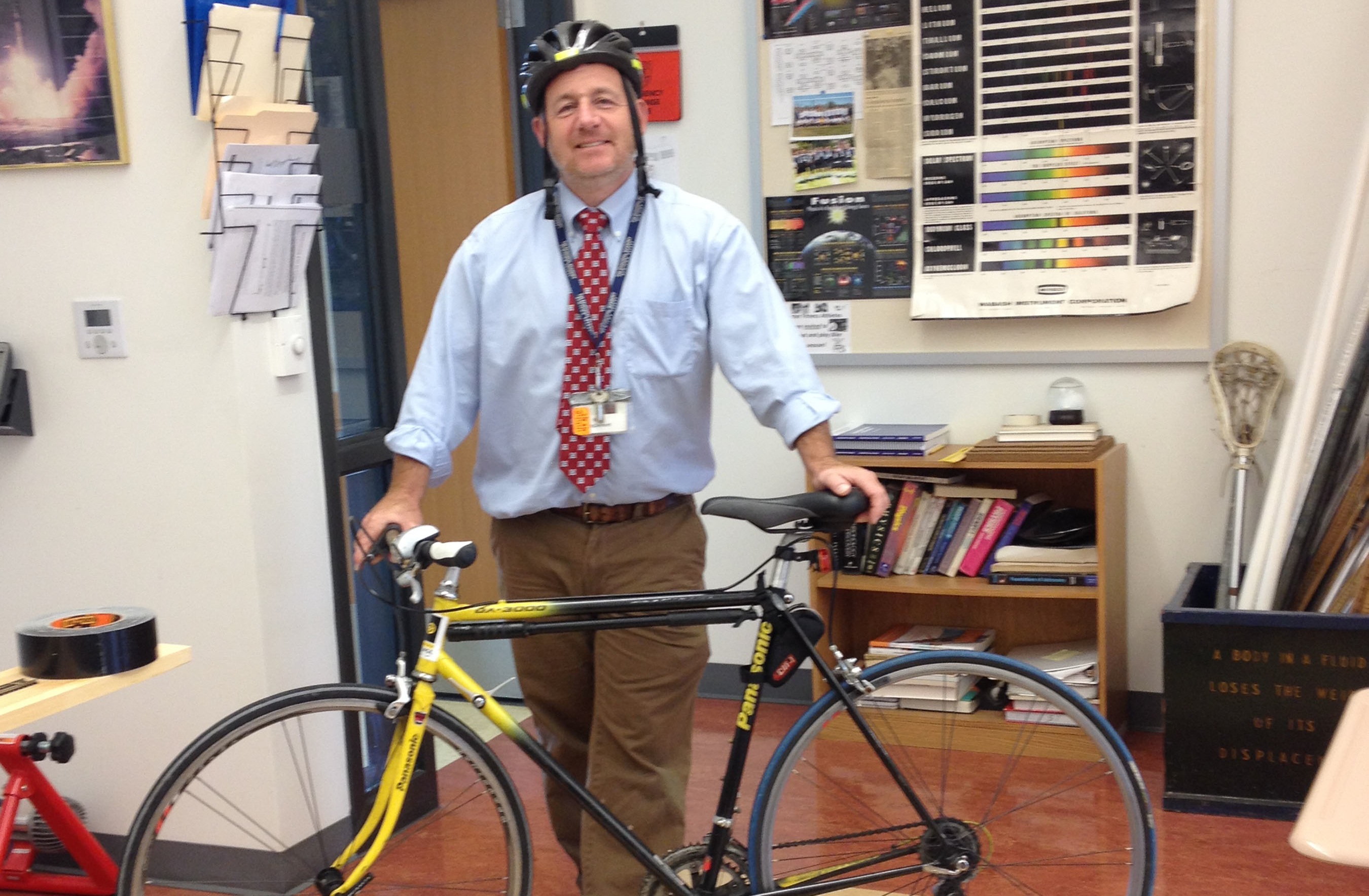
Roshan Ravishankar ’14: Philadelhpia Mayor Michael Nutter recently announced that Philadelphia’s bike share program is set to launch for the summer of 2014. Philadelphia will soon join other major cities such as Boston, New York, and Chicago, which have launched bike share programs in the last two years. With this program, both residents and visitors in Philadelphia will be able to rent bikes for short distance trips within the city. Customers can choose daily, weekly, or yearly passes, the latter of which is designed to be cheaper than a yearly bicycle tune-up.
Bike sharing is slowly growing popular in American cities, as city leaders look for environmentally friendly and cost effective modes of transportation. Though the use of bikes cannot replace the use of motor vehicles, bike sharing programs have proven beneficial. The United States government’s department of transportation listed “convenience, improved access, health benefits, increased mobility, positive environmental impacts, low cost, and space efficiency” as among the numerous benefits of bike sharing programs.
The idea of large-scale municipal scale bike sharing system began in European cities like Amsterdam and Copenhagen in the late 1990s. Copenhagen’s program, launched in 1995, became an enormous success. Users paid $3 to rent a bike for a limited period, and faced significant penalties if they failed to return the bike or were found using the bike outside its designated area. Soon after, many cycling enthusiasts dubbed Copenhagen the most bicycle friendly city in the world.The system migrated to North America–Montreal’s bike share system, which began in the spring of 2009, currently has over 5,000 bicycles at over 450 stations. New York City’s program, which started this May, is the largest in the United States, boasting 6,000 bicycles at over 300 stations. Philadelphia’s program is of a considerable scale. With an estimated cost of fifteen million dollars, the program would deploy between 1,000 and 2,000 bikes to 150 different bike share stations, promoting an estimated two million trips per year. The designated area for the program stretches between Delaware River to 41st street, and South Street North and Temple University’s campus.
Nutter expressed his enthusiasm for the program, affirming that the program would “create a new form of convenient, affordable and healthy public transportation.” In addition, the program could improve the public health of the city by encouraging the use of bicycles as well as reducing automobile traffic and thereby curbing emissions.
Perry Zanki, coach of Episcopal’s Bike Polo team, agreed that Nutter’s bike share program is “a good idea”, and pointed to other cities that have had great success with bike share programs such as Montreal. He also stated that it would be smart “to hire a sports figure” to promote the product in order to ensure that it achieves its intended popularity. Nonetheless, Zanki noted that helmets are not provided in New York’s bike share program, and stated that “If you are walking in as a tourist and you are not bringing your own helmet… that could be a problem.” Presently the mayor has agreed to commit three million dollars of City’s budget. At least another seven million will need to be raised from State and Federal government, and most importantly, private sponsors. New York’s bike share program for example, Citi Bike, is sponsored by Citigroup, which paid forty-one million dollars for six year sponsorship rights.Regardless of their sponsorship status, the scope of Mayor Nutter’s bike sharing program is significant, and could prove a boon to Philadelphia’s transportation system next summer.